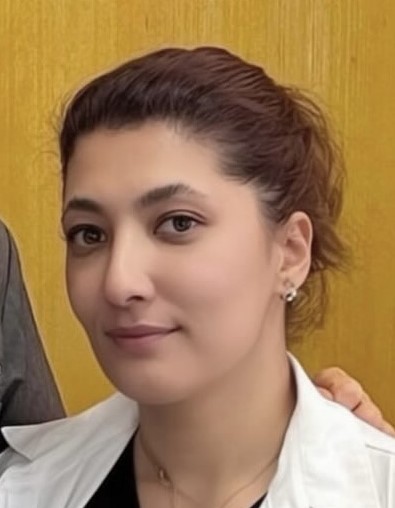2024 BDS graduate from the University of Liverpool, Zaira Cantara explains why it’s important to develop good communication skills at university and provides her tips on effective patient communication.

“The dentists who get the most complaints are the ones who lack communication skills”, is a quote I remember hearing from a tutor during second year. It’s something that stuck with me because one of the reasons I decided to embark on a journey into dentistry in my late 20s was my own negative experience with a dentist.
It’s true, quite often when I’m reminded why a patient “hates going to the dentist”, the key word being “hates”, it’s usually one of two reasons: that time they felt they were being butchered; or the dentist simply lacked one of the fundamental skills in this profession – good communication. We hear now and then the importance of communication for clinicians, but I think as students we need to focus on this skill more to realise its benefits before we head out into the real world.
Reading feedback patients had left me recently, I assumed comments would be made on the procedures themselves, but I was surprised by how many focused on my communication skills. Thankfully this was seen as a positive and congenial experience during the appointment as they highlighted what I said, rather than what I did. I didn’t realise how much a patient would appreciate and value me doing something I saw as routine.
Dentists are often seen as specialists of the mouth, but a holistic approach is something students benefit from greatly. Good communication leads to appointment slots being filled, the patient leaving with more motivation to engage in the advice you gave and a better undergraduate portfolio. Taking this into practice will lead to fewer complaints, better staff morale and of course a broader depth of success.
Furthermore, great communication skills are essential when it comes to patient consent, which links in with ethics and law. We are taught to obtain ‘valid consent’ at each appointment, every single time we see a patient using effective communication skills. This involves ensuring the patient has capacity to make a decision, that they are well informed by clearly explaining planned treatment and finally that they are not coerced into any treatment.
From my experience, here are five suggestions to help you improve patient communication:
1. Don’t just treat the mouth
Ask about your patient’s general health, how are they getting on with ‘x’ they disclosed to you in their medical, is it all under control, how was the holiday they were looking forward to after your last session? It’s important to ask about other medical conditions as it might affect the patient’s oral health or the treatment that you are planning.
2. Empower the patient
Any time your patient wants you to stop for a break or feel uncomfortable, ask them to raise a hand, so you can follow their lead and resume once it’s okay for them.
3. Explain what the treatment is and why you are doing it
Explain how the treatment will benefit them, why it is important to follow advice at home and what to expect at the next appointment.
4. Show organisation
Be attentive and have all the clinic set up with what you need; this demonstrates efficiency and reduces the patient’s anxiety.
5. Finally, thank them for showing up
I often thank my patients as soon as we have greeted each other in the waiting room. Their time is playing a significant part in our journey to becoming clinicians, without them things would be very different.
Author bio
“I studied the BDS at the University of Liverpool and graduated in July 2024. What I most enjoyed about my course was the early exposure to patients as well as the variation of different clinics this included one being urgent care for those patients without access to a dentist. During this clinic I enjoyed the history taking, coming up with a diagnosis and then treating to relieve the patient out of pain within the same appointment whilst having an holistic approach.
I will be doing my DFT within North Yorkshire and am currently focusing on improving my skills as a general dentist. My hobbies include reading, travelling and getting together with friends.”
Zaira Cantara

Sign up to our monthly newsletter
Follow us on social media:

